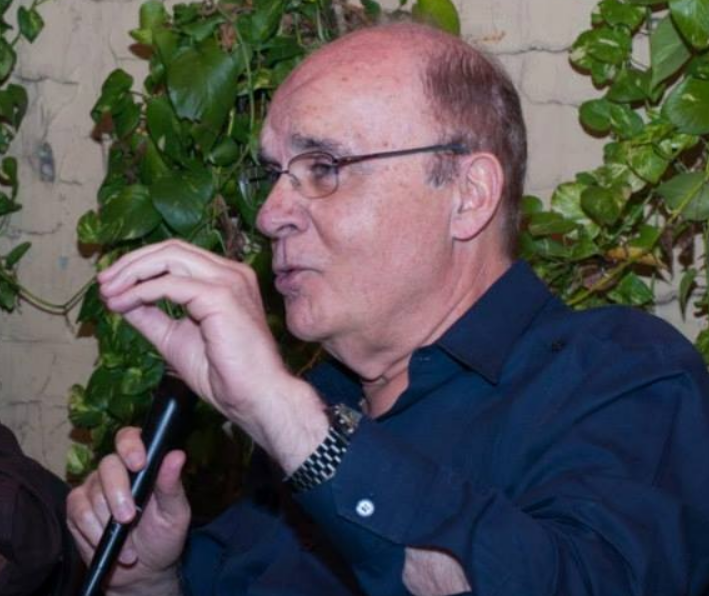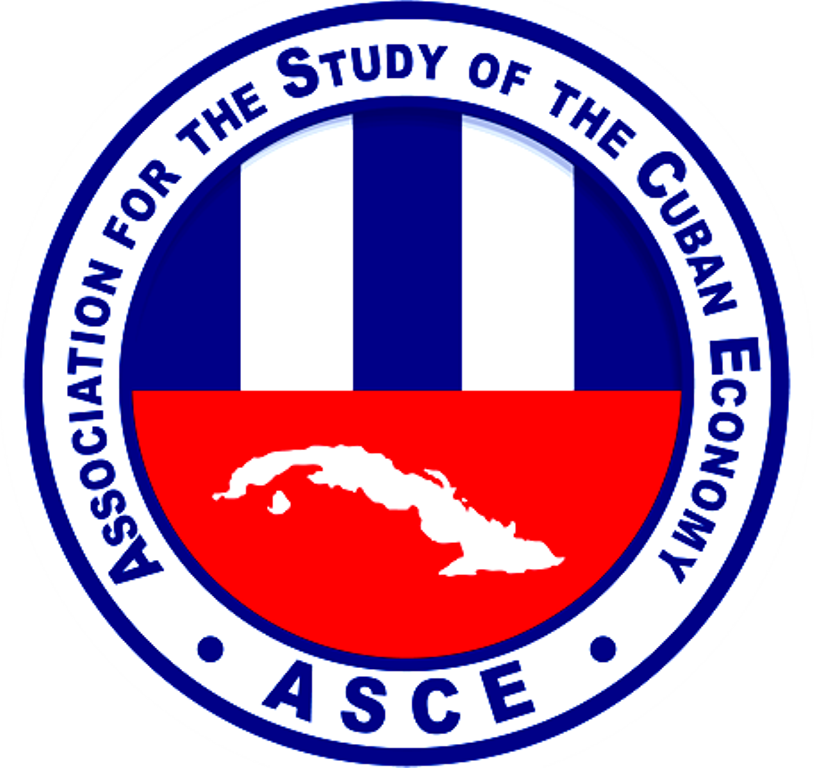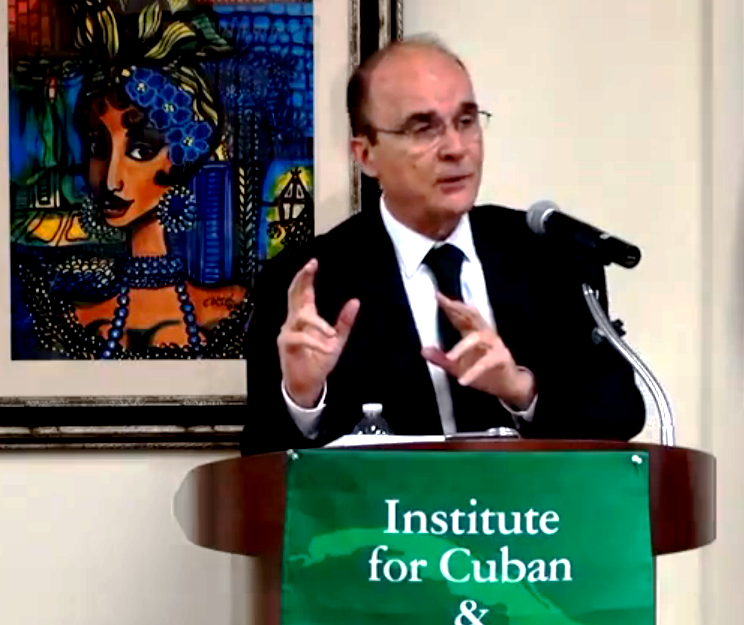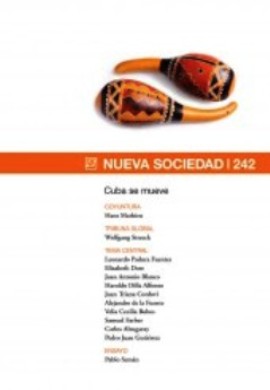Juan Antonio Blanco | Diario de Cuba | 2 Mar 2016
Original Article: Right and Left, from a Cuban Perspective
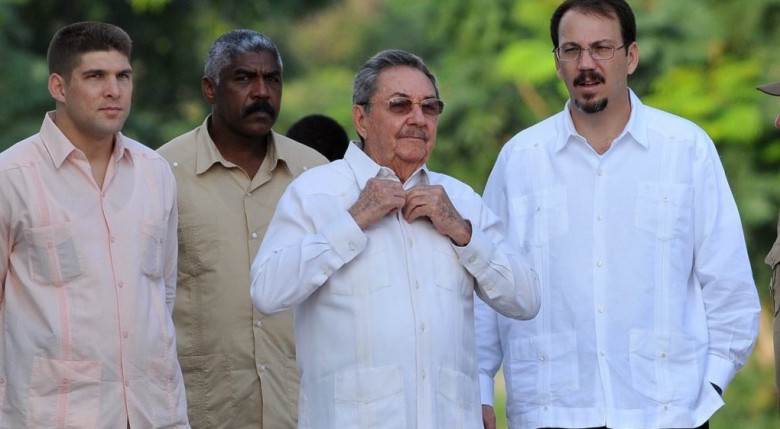 Raúl Castro, accompanied by a son and grandson. (Diario de Cuba)
Raúl Castro, accompanied by a son and grandson. (Diario de Cuba)
From Havana I get an email seeking to address the challenges facing the country applying the binary axis of “Left” and “Right.” I imagine that two factors lead to this interest. One is an incipient ebb in regional populism. Another is the congress in April of the island’s only legal party – the same one that imposes on Cuba these dubious semantics and focus, exercising a monopoly over all State institutions.
But the language of the Jacobins and Girondins from the 18th century does not allow us to understand what is happening in the 21st century, in any geographical region.
The dilemmas facing humanity today cannot be solved applying the outmoded concepts of Left and Right. Neither do the labels of socialism or capitalism apply. As I stated in Tercer Milenio (Havana, 1993) what we are experiencing today is a change of eras, not an era of changes. This period is characterized by the rapid obsolescence of all that we knew. As Moisés Naim recently reminded us, everything is now extraordinary. From the fall of the USSR and the Eastern bloc, to Kodak being sunk by Instagram, and taxis by Uber.
Discussing the future of Cuba – or of any country – based on the conceptual coordinates of the last century is a futile and even dangerous exercise. It is not possible to address and resolve these current challenges if they are not designated lucidly.
Cuba today is simply a poor country, disconnected from global processes; with a dreadful physical, communications and financial infrastructure; two decades behind in the acquisition of reliable and fast internet connections; public services (health, education, transport, water, electricity, sewage), whose quality is plummeting; degraded land, and the lowest wages in the hemisphere. It is also a closed society, where there is no basic freedom to exercise the right to free expression, association, movement, the forming of unions, or political choice, such that citizens have no way to peacefully alter this sorry state of affairs and achieve prosperity.
The policies that could resolve this mess are not socialist or capitalist, but rather good or bad, efficient or inefficient. Those in force today are terrible and counterproductive.
Revolution? The “Cuban Revolution” was already being quashed even as forces were fighting Batista, when a group of totalitarians yearning for a caudillo began to plot how to liquidate their comrades after their victory. Talking about this in 2016 is a big scam. What exists in Cuba is a totalitarian regime in the hands of a family, a clan.
Sovereignty? How can one uphold it in the 21st century to oppose citizens’ civil rights when Cuban society as a whole is deprived of the right to self-determination?
Nationalism? It is difficult to defend the government’s administration based on this outdated concept, nurtured in the late 18th century, when Havana prefers to negotiate with foreign powers and refuses to even dialogue with its own citizens.
I do not share the idea that the “bureaucracy” is the Big Culprit. Power in Cuba is held by two families with the same surname: Castro. Around them is a select military cadre. Together they constitute a permanent elite wielding power. Below them is a bureaucracy that serves only to “manage” their interests, not to make key decisions that benefit the country.
Lage, Robaina —and Díaz Canel today— were never members of the governing elite. They are simply CEOs, always expendable. Cuba’s real owners exercise their privileges as if the island were a private company registered under the trade name “Cuban Revolution.” They attach to this corporate appellation a series of qualifiers —”progressive,” “leftist,” “anti-capitalist” and others— which only serve to distract from reality.
I laugh when I think about Bernie Sanders and Podemos speaking, terrified, of a casta that represents 0.1% of the population but owns more than half of the economy. In this regard, as in others related to human rights, they suffer from a severe moral hemiplegia by selecting the victims they prefer to “defend.” When the offender is in their political camp, they choose to look the other way. In Cuba some 100 people rule the roost, lording it over the rest of the island. What percentage do they represent in relation to the 11.5 million citizens on the island, and the other two million off it?
Invoking the abstraction “state ownership of the means of production,” the “shareholders” of this dubious corporation, and the family presiding over it, claim permanent and unlimited exploitation rights over Cuba, not even needing to be the formal owners of work or recreational facilities, or real estate. They also have unlimited powers to do whatever they please vis-a-vis all other Cubans. The demand for freedom and human rights is the only solution that goes to the heart of the problem.
Modernity died in the ovens of Auschwitz. Absolute respect for the sovereignty of Germany allowed Hitler’s government, first, to deprive citizens of their freedoms and rights, and, then, under the shadow of a closed society, to undertake a forbidden process of rearmament. The Soviets and the Cuban government were able to secretly install nuclear missiles on the island because there existed no basic freedoms to denounce that operation in time. The Khmer Rouge initiated a national genocide —which rendered any dissent impossible, even within the party— and then turned on its former ally and neighbor: Vietnam. Hanoi, incidentally, did not hesitate to adopt a policy of “regime change” to install, at gun-point, a government that would be friendly to it in Cambodia.
The human rights enshrined in the Universal Declaration of 1948 take as their reference point those adopted by the French Revolution, but with a substantial difference: thereafter it was established that such rights were not just a national affair, but a good that was to be protected by the international community. It is not a question of moralizing. Respect for these rights is vital for international stability and security. The signers of the Universal Declaration of Human Rights and the various international agreements for the protection of citizens’ rights have recognized that their sovereignty in this regard has limits.
Without freedoms and rights Cuban society will be neither socialist or capitalist, left-wing nor right-wing, but rather remain a sort of disastrously managed private Estate, employing slave labor. And a country whose owners can again pose a serious danger to their neighbors.
This, I think, is what we need to talk about.

